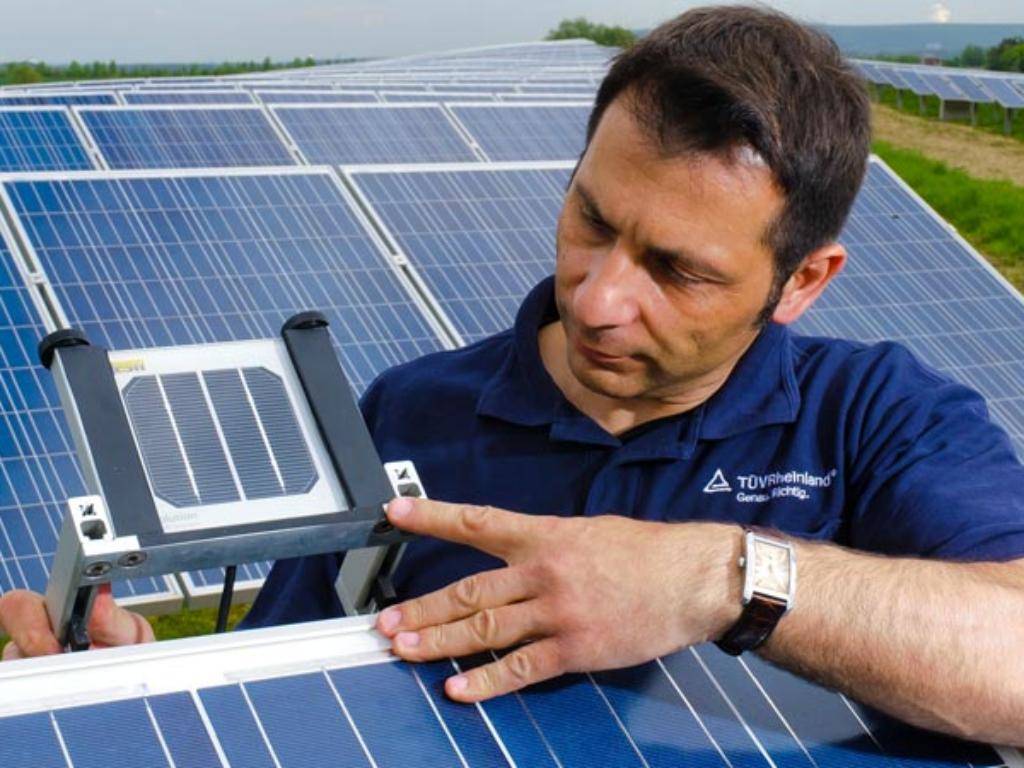Solar energy has been marked as one of the most promising electricity sources in the era of global warming. It has become a preferable option for both residential and commercial areas. However, some factors can affect the performance of solar panels. Here, we will guide you on how to increase solar panels efficiency for better productivity.
Shading Affects Output
The location and exposure to the sun have an immense impact on the efficiency of the solar panels. Florida contractors describe efficacy as the rate at which the sun’s rays are converted into electricity by the solar system. Shade blocks the sunlight from reaching the field of solar panels. It affects worse than the cloudy days where the efficiency is very low. Therefore, you are advised to install the solar system where there is no blockage from the shades or any trees in the home.
Solar Panels Glazing
Contrary to sunlight, other weather elements like rain, snow or hail impact negatively on the working of solar panels. Homeowners, make mistakes by installing a shade that may be cheap but has bad effects as discussed above. Therefore, according to the experts, polycarbonate and low-iron glass must be used for the protection of solar panels. It has optical transmissivity at a higher level which results in a better output as compared to ordinary glass.
Solar Tracker
Solar tracking is the most effective way of generating better output. It automatically moves the direction of the solar panels towards the sun. It uses clock motor-like telescoping for tracking the direction of the sun. Some solar trackers have active circuitry for this function. However, you need to adjust the direction due to the rotation of the earth which impacts the tilt panel.
Regular Maintenance Activities
Regular maintenance is highly significant for the performance of solar panels on your rooftop. You just need to have a review from the professional contractors after every few months to deduct any issues. Moreover, its cleanliness is also part of maintenance. Make sure that there is no presence of dirt on its surface. Solar panels with a self-cleaning system for the rain are also available in the market for your convenience.
Solar Charge Controller
The solar panel does not put up the battery to charge correctly due to an incorrect voltage supply. Therefore, Florida contractors with their experience in the field have recommended using solar charge controllers to avoid the battery overcharge scenario. This operates by wasting the excess energy through switching off the solar panel or by dispersing the extra power. You won’t have to worry about the overcharging batteries after installation for sure.
In the end, it is not the investment that produces better results, but it is investing in the right way and making smart decisions that help you in a long-term scenario.
10 amazing things you did not know about solar panels
Solar panels are remarkable devices that convert sunlight into electricity, providing a clean and sustainable energy source. Here are 10 amazing things you may not know about solar panels:
- Photovoltaic Effect Discovery:
- Fact: The photovoltaic effect, the process by which solar panels generate electricity from sunlight, was discovered by Alexandre-Edmond Becquerel in 1839. However, it was not until the mid-20th century that practical applications were developed.
- Space Exploration and Solar Power:
- Fact: Solar panels have been a crucial power source for space exploration. The Vanguard 1 satellite, launched in 1958, was the first artificial satellite to use solar cells to generate electricity in space.
- Efficiency Improvements Over Time:
- Fact: Solar panel efficiency has significantly improved over the years. Early solar panels had efficiencies of around 6%, while modern panels can exceed 20% efficiency. Ongoing research aims to enhance efficiency further.
- Thin-Film Solar Technology:
- Fact: Thin-film solar technology involves depositing thin layers of photovoltaic material onto a substrate. This flexible technology allows for applications in curved surfaces, building-integrated photovoltaics (BIPV), and other innovative designs.
- Solar Energy’s Global Impact:
- Fact: The energy from the sun reaching the Earth’s surface in one hour is sufficient to meet the global energy demand for an entire year. Harnessing even a small fraction of this energy has significant potential for addressing energy needs.
- Solar-Powered Cars:
- Fact: Solar panels are used to power some electric cars. These panels can be integrated into the vehicle’s design to provide supplementary power or extend the driving range by harnessing sunlight.
- Solar-Powered Aircraft:
- Fact: Solar Impulse 2, a solar-powered aircraft, completed a historic around-the-world flight in 2016. The plane’s wings were equipped with solar panels, allowing it to fly day and night using only solar power.
- Zero-Energy Buildings:
- Fact: Solar panels play a key role in the development of zero-energy buildings, which produce as much energy as they consume. These buildings often feature solar arrays on the roof or integrated into the architecture.
- Solar-Tracking Technology:
- Fact: Some solar panels are equipped with tracking systems that follow the sun’s path across the sky, maximizing exposure to sunlight. This technology can significantly increase energy production throughout the day.
- Solar-Powered Desalination:
- Fact: Solar energy is being used to power desalination plants, converting seawater into fresh water. This sustainable approach addresses water scarcity issues in regions with abundant sunlight.
As technology continues to advance, solar panels will likely play an increasingly important role in meeting global energy needs and promoting environmentally friendly solutions.
You may also like,







